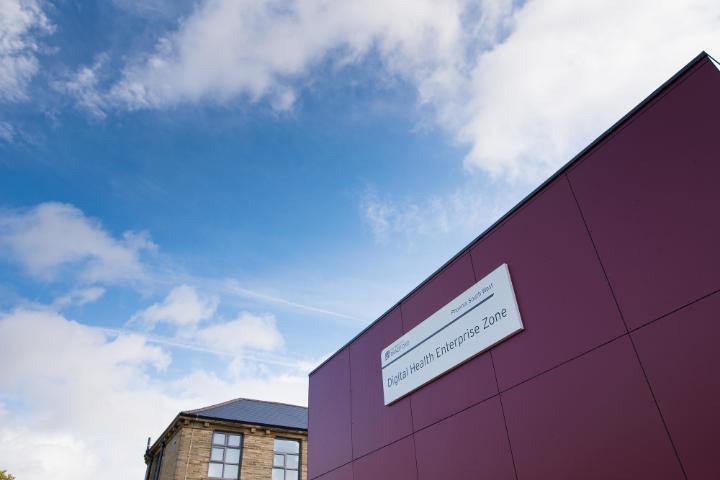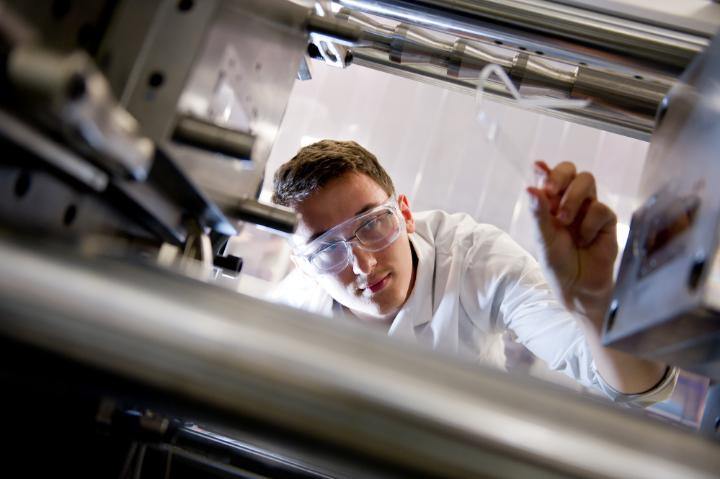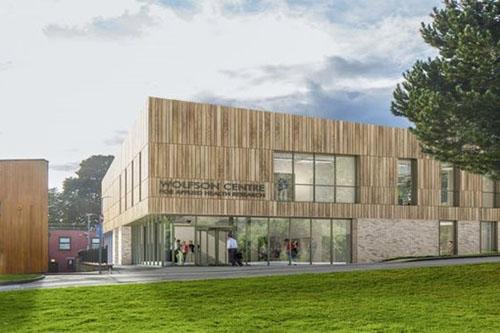Our business facilities
Our business facilities include start-up incubation space, research laboratories to support projects or testing and conference and meeting space.
Start-up space
Digital Health Enterprise Zone
The Digital Health Enterprise Zone (DHEZ) programme is a £13 million partnership led by the University of Bradford and backed by investment from City of Bradford Metropolitan District Council and the UK government. It aims to make a significant contribution in reducing the predicted NHS £30 billion funding gap by helping get great digital health ideas off the ground and out to market. There is a business incubation facility for organisations innovating in technology-led health products located on the main University campus.
Our campus also has the benefit of on-site facilties such as restaurants and cafes and Unique Fitness.

Academic facilities and laboratories
We have many leading-edge health, life science, engineering and informatics research and teaching facilities of world-class standard for business to benefit from. These can be utilised through academic research activity and some can be booked for independent use.
To explore access to academic facilities you need to discuss your requirements with an academic member of staff in the research area you are interested in.

Centre for Chemical and Biological Analysis
Housed in the modern Norcroft Building at the University of Bradford, the Centre for Chemical and Biological Analysis (the Analytical Centre) offers an impressive range of sophisticated and specialist analytical equipment and is the hub of analytical science at the University for both research and commercial projects.

High performance computing
With a diverse range of benefits, high performance computing (HPC) is providing global solutions in processing data surrounding diseases, antibiotics, quantum physics and finance, to name just a few industries.
-720x310.jpg)
Wolfson Centre for Applied Health Research (WCAHR)
The Wolfson Centre for Applied Health Research (WCAHR) will bring together health professionals and researchers to develop quicker ways of translating research into benefits for patients.

